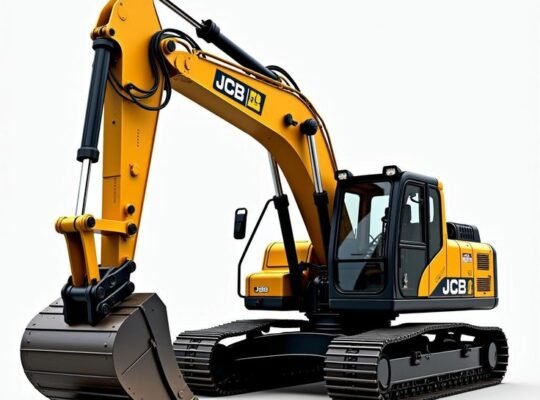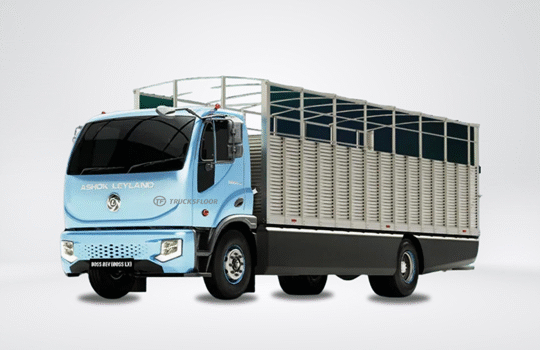let’s build a detailed, practical discourse on increasing credit scores, tailored to commercial vehicle owners in India. A good credit score (CIBIL, Experian, CRIF, Equifax) not only helps in getting loans for trucks, buses, or tractors but also reduces interest costs, which is critical for transport businesses that run on tight margins.
💳 How Commercial Vehicle Owners Can Improve Their Credit Score
🚚 Why Credit Score Matters in Transport Business
• A high score (750+) means easier access to loans for trucks, spare parts, or expansion.
• Lenders offer lower interest rates and higher credit limits.
• Helps in leasing vehicles, getting insurance, and supplier credit terms.
• Builds credibility with banks and NBFCs, making future borrowing smoother.
1. Pay EMIs and Dues on Time
• Timely repayment of loans is the biggest factor in credit scores.
• Even a single missed EMI on a truck loan, tyre finance, or working capital loan can reduce the score.
• Set up auto-debit/standing instructions for EMIs.
📌 Tip: If cash flow is uneven, negotiate with the lender for flexible EMIs rather than defaulting.
2. Avoid Overdependence on Credit
• Using too much of your credit limit (like overdraft or credit card) lowers your
score.
• Keep credit utilization below 30–40% of the sanctioned limit.
• Example: If your credit card limit is ₹1,00,000, try not to use more than ₹30,000–₹40,000 regularly.
3. Maintain a Mix of Credit
• Commercial vehicle owners often rely on vehicle loans + working capital loans.
• Having a healthy mix of secured loans (truck loan, loan against property) and unsecured credit (business loans, credit cards)improves the score.
• Avoid taking too many small-ticket personal loans — it signals financial stress.
4. Don’t Apply for Too Many Loans at Once
• Every loan application leads to a hard
inquiry on your report.
• Too many applications in a short time show lenders that you’re “credit-hungry.”
• Plan financing needs — stagger applications instead of applying everywhere at once.
5. Check Your Credit Report Regularly
• Errors are common (wrong loan closures, duplicate loans).
• Download your CIBIL or Experian report once every 6 months.
• If you find errors, raise a dispute immediately.
📌 Transporters often find old vehicle loans showing as “open” even after repayment — fixing this can instantly increase your score.
6. Close Old Dues & Settle
Wisely
• Pay off old outstanding dues, even if small (like unpaid credit card bills or mobile EMI).
• Avoid “settling” loans unless absolutely necessary — settlements are marked negatively in reports.
• A “Closed” loan is always better than “Settled” in credit history.
7. Build Credit History Early
• Even small consumer durable EMIs or fuel cards help build a track record.
• For new owners, taking a secured credit card against FD can start building a score.
• Consistent small repayments help future bigger loans (like trucks, buses).
8. Leverage Business Records
• Maintain proper GST returns, ITR filings, and bank statements— lenders
check them along with the credit score.
• Stable financial records improve chances of getting loans at lower interest rates.
9. Use Smart Financial Tools
• Fuel cards (like BPCL SmartFleet, HPCL DriveTrack) not only control expenses but also build digital transaction history.
• GPS + Telematics-linked finance products reward disciplined fleet owners with better credit terms.
🔑 Key Takeaways for Commercial Vehicle Owners
• Discipline is everything: Timely repayments = higher scores.
• Keep utilization low: Don’t max out your credit.
• Check reports often: Fix errors to avoid hidden penalties.
• Think long-term: A strong credit score
makes expanding your fleet cheaper and easier.
👉 In short: For transporters, a good credit score is like a second engine — it powers growth, reduces borrowing costs, and opens the road to bigger opportunities.













